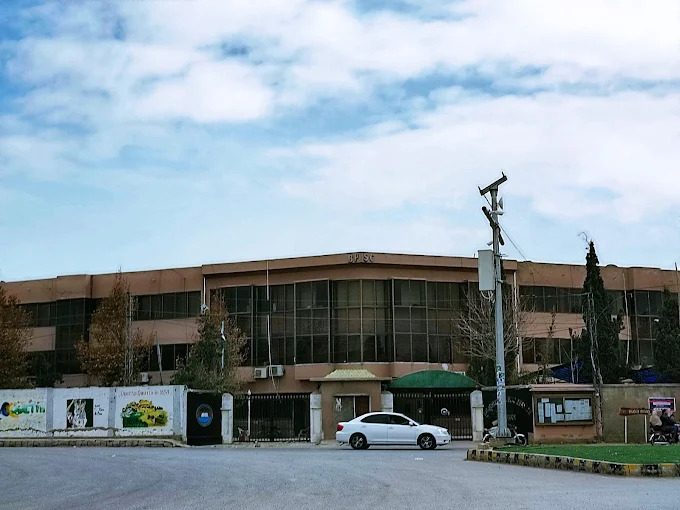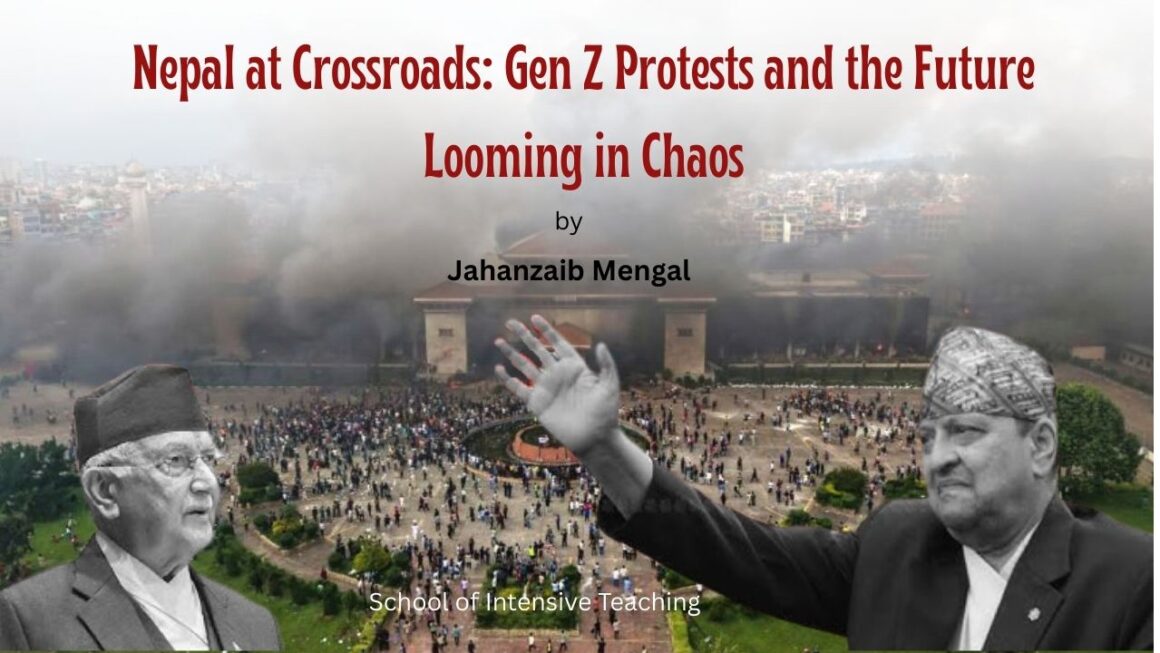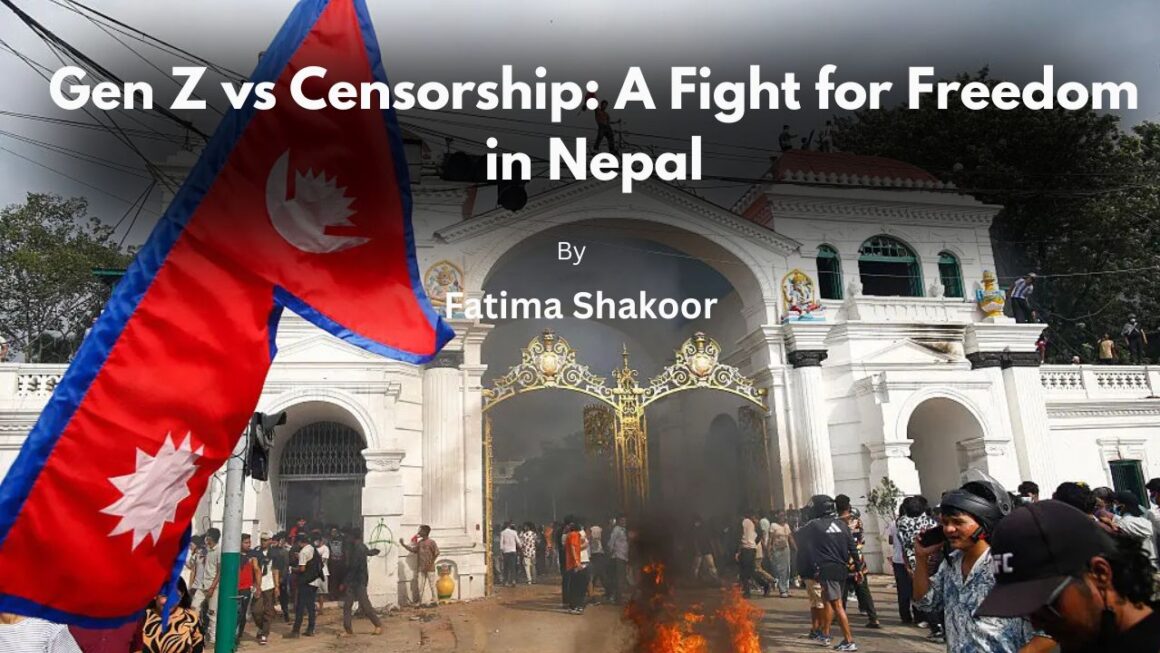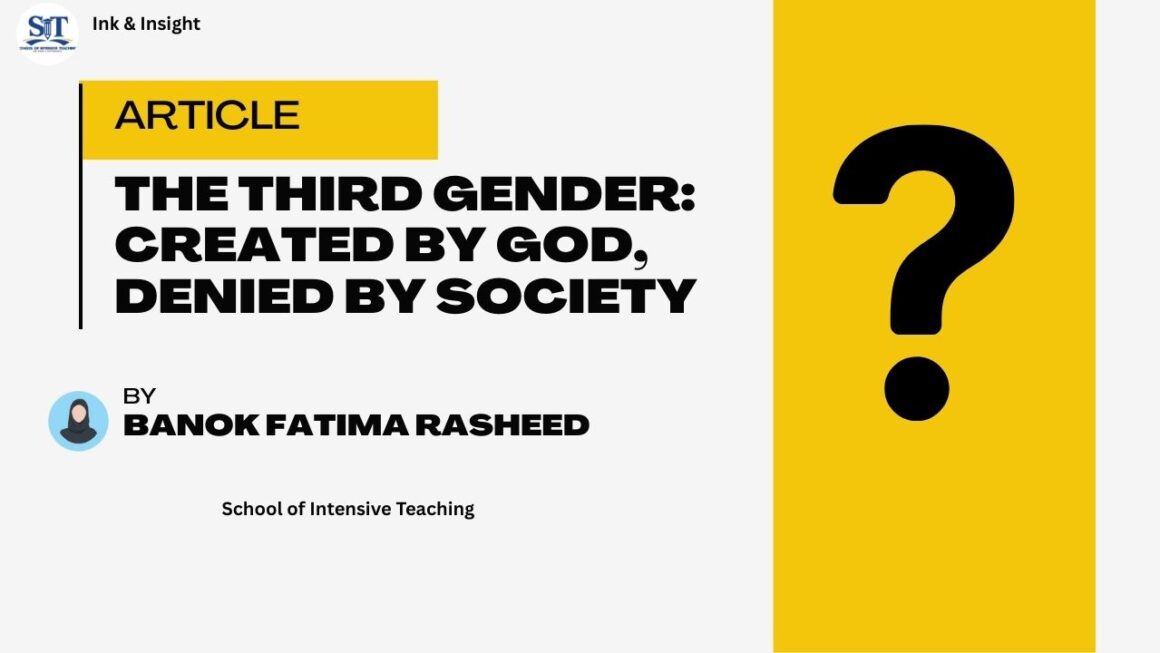Once again, the Balochistan Public Service Commission (BPSC) has come under fire — and this time, with good reason. The recent announcement of results for the positions of Tehsildar (B-16) and Naib Tehsildar (B-14) has left many aspirants and observers baffled, disappointed, and deeply concerned about the transparency and seriousness of BPSC.
Let’s break down the troubling inconsistency:
For 28 posts of Tehsildar, BPSC has passed a staggering 1,290 candidates — an average of 46 candidates per post. Yet, for 114 posts of Naib Tehsildar, only 500 candidates have been passed — an average of just 4 to 5 candidates per post. Moreover, in the recent PCS exam, around 512 candidates were shortlisted for interview against 120 posts.
What is the actual cost behind these numbers? These are not just numbers but dreams and hopes, as candidates who qualify in the written exams begin their interview preparation. Only those who have already scored high in the written exam are qualified. This raises fundamental questions: if BPSC shortlists candidates who have scored high in the written exam, why are those shortlisted who have secured only passing marks? Consider the case of the Tehsildar result.
Another pressing question is how BPSC will conduct the interviews of the shortlisted 1290 candidates for Tehsildar. If the PCS interview, with 512 candidates, took more than three months, how much time would the Tehsildar interview take and what would be the criteria to access this staggering number of candidates? The disparity is not only shocking but intellectually indefensible.
What do these numbers suggest?
Although not proven, suspicions of political interference continue to haunt BPSC’s reputation. Candidates fear that shortlisting many for a few posts, in the case of Tehsildar, can create ample space for manipulation. The interview would merely act as the primary filter—a process more open to discretion than the written exam. This is precisely where transparency fades and discretion finds more room. I am not contending that BPSC lacks merit; it does, but there are still structural flaws that, when exploited, can create space for manipulation. For instance, BPSC never issues a detailed mark sheet to candidates who are shortlisted after the interview, the final process in the recruitment process. According to the rumours, BPSC once issued DMCs after an interview; however, it discontinued the process years ago. But why?
A Question of Seriousness and Credibility
The BPSC is supposed to be the guardian of merit, transparency, and equal opportunity in Balochistan’s public sector recruitment. But such erratic outcomes severely undermine its credibility. Thousands of hardworking candidates spend months preparing, only to find that their fate lies not in performance, but in unpredictable decision-making.
Why are 46 candidates per seat passed for one post in Tehsildar and only 4 for another, Naib Tehsildar? Where is the official explanation? Where is the rationale? If the aim was to allow a broader pool for interviews, why the selective application?
The Psychological Toll on Aspirants
This inconsistency is not just a statistical concern — it’s a mental and emotional burden for candidates. It breeds frustration, demoralisation, and distrust in the system. When the institution plays fast and loose with opportunity, it breaks the social contract with the educated youth of the province.
Final Words: Time for Accountability
BPSC must remember: it is not above scrutiny. The public — especially the youth — demand:
1. Transparent policies on result compilation.
2. Equal standards applied across all exams.
3. Justification for anomalies in results.
4. Independent oversight of recruitment processes.
If merit is sacrificed at the altar of negligence, then the very foundation of public service recruitment in Balochistan crumbles. And in that case, BPSC won’t just be a non-serious institution — it will be considered defunct.
About the author:

Nodain Nazar Qambrani
AC Mines and MineralsNodain Nazar Qambrani hails from Awaran, Balochistan. He has done M.A. in English Literature from University of Punjab. Currently, he is serving as Assistant Commissioner at Mines and Minerals Department.













